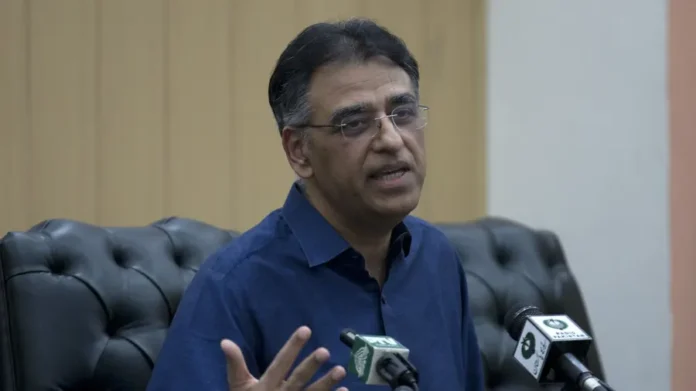Pakistan’s Finance Minister, Ishaq Dar, has expressed optimism that the country will not default on its external repayments, even though it is currently facing an acute balance of payments crisis. Dar made these remarks during a session on the country’s economic challenges at the ‘Islamabad Security Dialogue-2023’ event. He reiterated that Pakistan has fulfilled all the conditions set by the International Monetary Fund (IMF) for the revival of its loan program.
According to a report in The Express Tribune, Dar stated that the government has taken necessary steps to meet the IMF conditions and has ensured external repayments until December. However, the IMF recently mentioned that Pakistan requires significant additional financing to successfully complete the long-stalled ninth review bailout package.
Responding to a report by a global credit rating agency suggesting the possibility of a default, Dar stated that if the IMF needs more time to reach a staff-level agreement, Pakistan would proceed accordingly. He also mentioned that Pakistan has arranged funds amounting to USD 3.2 billion to pay off its external repayments in May and June, and assured that friendly countries would fulfill their pledges to assist the crisis-stricken nation.
Prime Minister Shehbaz Sharif and Finance Minister Ishaq Dar have consistently claimed that Pakistan has met all prior conditions agreed upon to reach a staff-level agreement with the IMF. However, last week, the IMF rejected the government’s claim, with its spokesperson, Julie Kozack, stating that Pakistan faces a challenging situation, including stagflation and the impact of severe floods.
Pakistan’s economic woes have prompted assistance from the United Arab Emirates, Saudi Arabia, and China, who have pledged to cover part of the funding deficit. However, a staff-level accord to release a USD 1.1 billion tranche from a USD 6.5 billion IMF package has been delayed since November, marking the longest gap since 2008 for such missions to Pakistan.
Pakistan’s foreign exchange reserves, held by the State Bank of Pakistan, amount to approximately USD 4.5 billion, barely enough to cover one month’s imports. With declining exports and a drop in foreign direct investment, the country is currently grappling with high external debt, a weakened local currency, and dwindling foreign exchange reserves.
Despite the challenges, Finance Minister Ishaq Dar remains hopeful that Pakistan will avoid default and overcome its balance of payments crisis. The government’s efforts to meet the IMF’s conditions and the pledged support from friendly nations provide a glimmer of hope for the country’s economic recovery.

